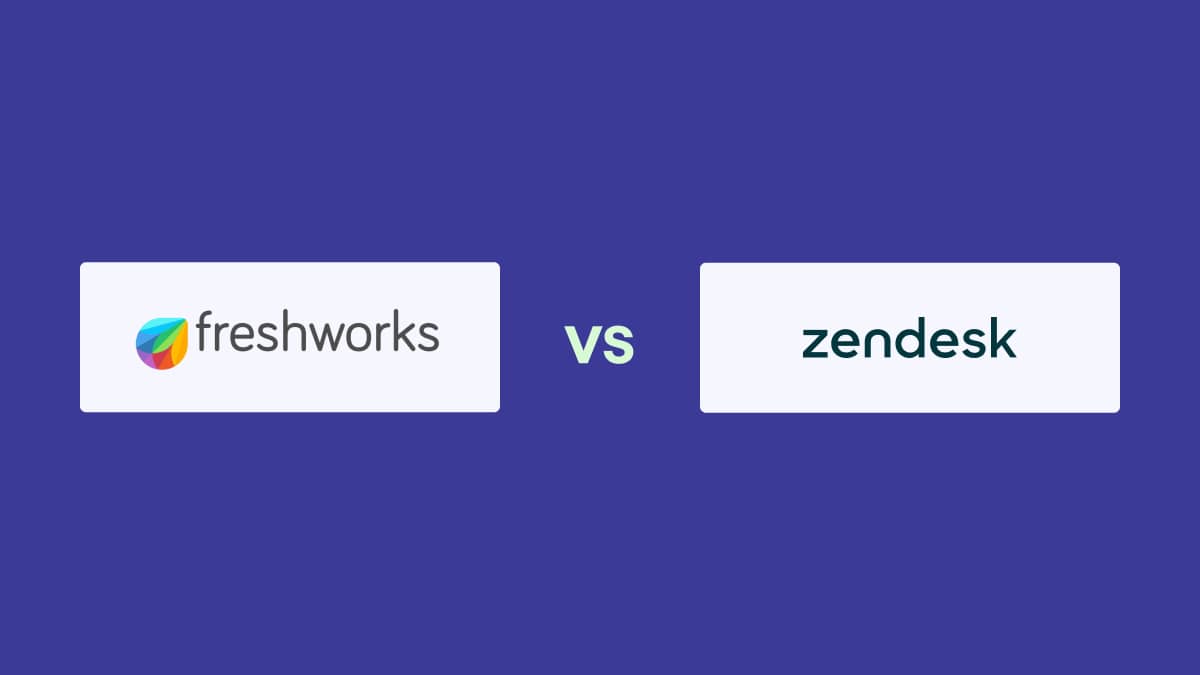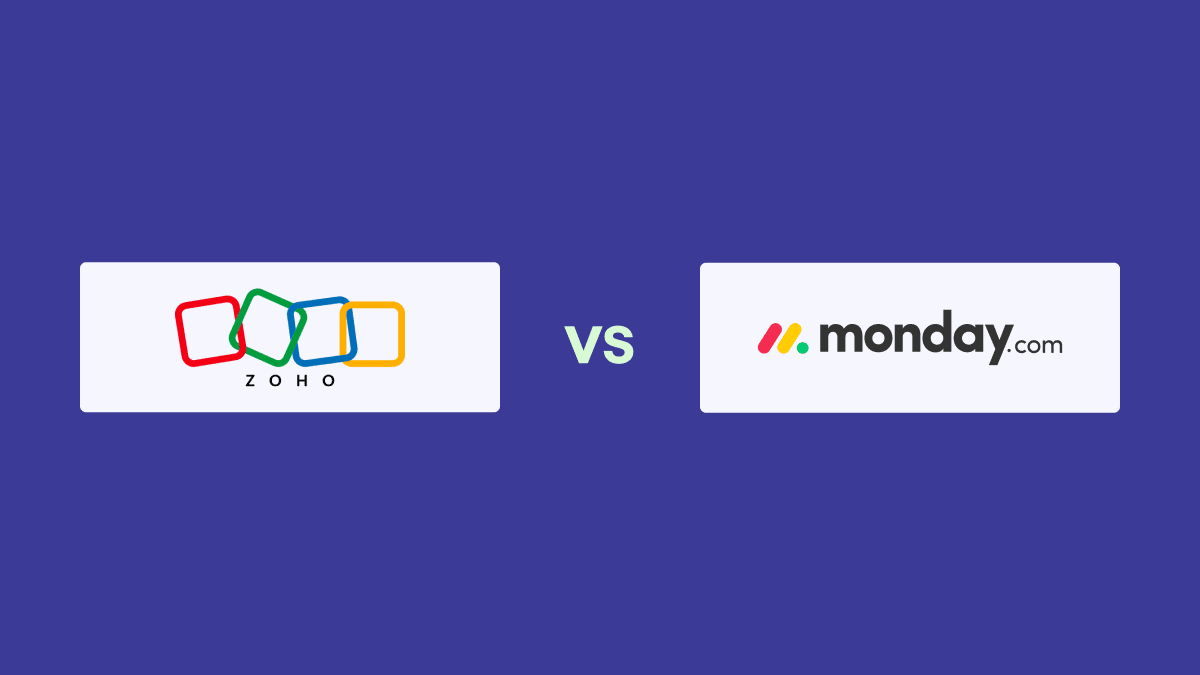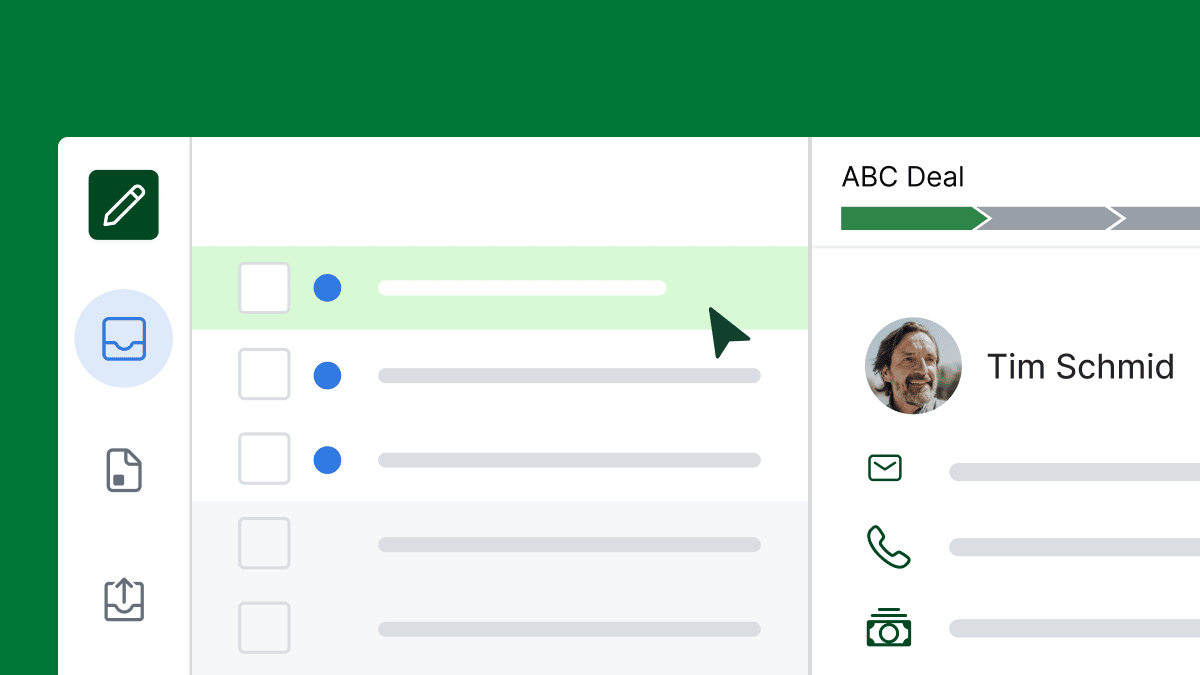CRM assurance is now critical for sales-led organizations. As teams rely more heavily on customer relationship management (CRM) to drive deals, manage interactions and track performance, systems must be accurate, secure and aligned with business goals.
When CRM lacks structure or oversight, risks pile up: missing data, broken workflows, compliance gaps and frustrated reps. CRM assurance makes every step of the customer journey, from first contact to renewal, reliable, consistent and measurable.
The guide shows how CRM assurance helps sales teams safeguard data quality, streamline workflows and sharpen decision-making. Whether you’re optimizing an existing CRM or rolling out a new one, an assurance framework drives more value from your tools and more trust from customers.
Key takeaways for CRM assurance
CRM assurance ensures that customer systems run smoothly, securely and in compliance with data policies.
Reliable CRM systems lead to better data accuracy, more efficient sales workflows and improved customer relationships.
Regular monitoring, testing and team alignment are essential for long-term CRM performance and user adoption.
Platforms like Pipedrive support assurance efforts through automation, reporting and centralized visibility try Pipedrive free for 14 days.
What is CRM assurance?
CRM assurance is the set of controls, routines and standards that keep your CRM reliable for sales. A well maintained system captures the right data, triggers workflow automations on time and supports revenue generating work.
Without CRM assurance, small issues like outdated contacts, broken integrations or missed automations turn into lost opportunities and inconsistent customer experiences.
Albrecht, Overbeek & van de Weerd, SN Computer Science
Sales teams depend on CRM for prospecting, sales forecasting, closing and account growth. When the system falters, confidence drops and productivity slows.
Assurance covers four essentials: accurate data, monitored uptime and performance, reliable workflows and compliant secure access. Get these right and teams stop troubleshooting the tool and focus on moving deals and lifting conversion rates.
Why CRM assurance matters in sales
Sales success depends on consistency and CRM assurance is what makes that possible. When the CRM runs reliably, teams can trust that contact details are accurate, workflows trigger correctly and reports reflect real-time progress.
That confidence frees salespeople to focus on what matters most: building relationships, following up on sales leads and closing deals. Instead of wasting time chasing missing data or troubleshooting tools, they can stay in motion and keep the sales pipeline healthy.
Even minor CRM issues can lead to costly delays. A missed task reminder, broken email sequence or outdated deal stage can slow momentum or erode client trust.
At scale, these problems affect forecast accuracy, disrupt workflows and make it harder to hit sales targets. CRM assurance helps prevent that. It keeps systems reliable, data dependable and the entire sales operation moving forward with confidence.
Note: Gartner (Feb 2024) found CSO-led sales analytics teams are 2.3× more likely to achieve higher forecast accuracy, a strong case for CRM assurance around clean data, reliable workflows and leadership alignment
Investing in CRM assurance means strengthening the sales systems that drive every stage of the customer journey. When teams can rely on their CRM tools, they work more efficiently, respond faster and deliver a more consistent sales experience.
What does CRM assurance include?
CRM assurance covers more than just system uptime, it ensures your CRM remains reliable, accurate and useful across the entire sales process.
Data quality is foundational. Sales teams depend on clean, up-to-date records to engage leads and close deals. Assurance practices help remove duplicates, fix errors and validate contact details so reps can trust the data they use every day.
According to Validity’s The State of CRM Data Management in 2024, 31% of CRM admins said poor-quality CRM data costs their company at least 20% of annual revenue.
Workflow reliability matters. Automations like lead routing or task reminders must work as expected. If they don’t, deals can stall or fall through. Assurance includes regular testing and monitoring to catch and fix broken flows quickly.
Security and compliance are non-negotiable. CRM assurance enforces data protection policies, monitors access and ensures integrations meet internal and legal standards, especially important in regulated industries.
User adoption is part of the picture. Even the most advanced CRM won’t work if teams don’t use it properly. CRM assurance tracks usage, highlights training gaps and optimizes processes to keep performance high.
How to improve CRM assurance
Improving CRM assurance is an ongoing process. For sales teams, that means putting systems in place that maintain data quality, streamline processes and support performance without creating friction.
Here’s how to strengthen CRM assurance in a structured, scalable way:
Define clear data standards. Set naming conventions, required fields and formatting rules for leads, contacts and deals. Standardized data entry improves searchability, reporting and automation.
Automate key tasks. Use automation to assign leads, update stages and trigger reminders. Helping to reduce manual input and ensures critical steps are executed consistently.
Schedule regular data reviews. Run monthly or quarterly data audits to clean up duplicates, fill missing fields and remove stale deals. Regular maintenance keeps the system accurate and useful.
Provide onboarding and training. Train new users on how to enter and manage data correctly. Offer refresher sessions and maintain up-to-date guides to reinforce best practices.
Monitor performance with dashboards and alerts. Track usage, pipeline activity and deal health with dashboards. Set alerts for inactivity, delays or unexpected drops to catch issues early.
Use permission controls. Restrict access based on roles to protect data integrity and reduce complexity. Helping ensure each user only sees and edits what they need to.
Test changes before rolling out. When launching new workflows or integrations, test in a staging environment. Safeguarding live data gives you time to refine the process.
Note: Projects with excellent change management are seven times more likely to meet objectives than those with poor change management, bake training and structured rollout into your CRM assurance plan (Prosci, Best Practices in Change Management).
Each of these steps contributes to a CRM system that sales teams can trust, one that scales with the business while supporting accuracy, accountability and results.
Why Pipedrive supports strong CRM assurance
Pipedrive helps sales teams maintain CRM assurance by making customer relationship management simple, structured and scalable. From smart contact data to pipeline visibility, it’s built to reduce complexity without compromising performance.
Pipedrive’s sales pipelines give teams a clear view of every deal stage, making it easier to track progress and spot issues early. Custom fields and required inputs promote clean, standardized data across all records, while workflow automations reduce manual entry and ensure key steps are never missed.
Pipedrive also supports access control, helping admins manage roles and limit data exposure. With sales reporting, teams can monitor performance in real-time, flag inconsistencies and optimize for results.
The platform’s integrations with email, calendars and workflow tools further improve assurance by syncing systems and minimizing duplication.
Whether onboarding new reps or optimizing for scale, Pipedrive helps teams keep their CRM accurate, compliant and aligned with sales outcomes.
Final thoughts
CRM assurance is more than a technical requirement, it’s a foundation for confident, data-driven selling. When customer data is accurate, systems are aligned and processes are consistent, sales teams can focus on what they do best: building relationships and closing deals.
Investing in CRM assurance helps organizations stay compliant, reduce friction in the sales process and build a system that grows with the business.
Tools like Pipedrive ensure CRM assurance becomes a practical part of everyday operations, not a behind-the-scenes burden.





